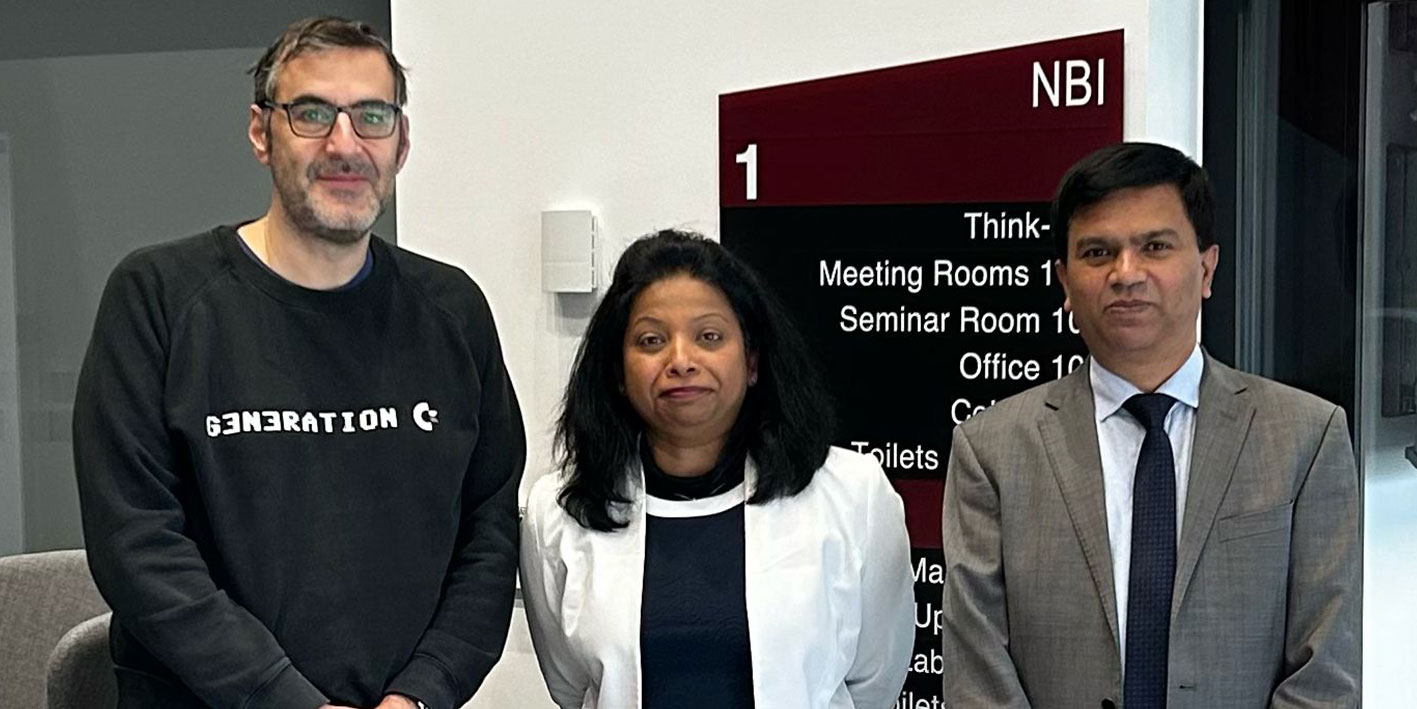
University researchers to develop mobile learning to help tackle disease outbreak in Brazil
The University of Wolverhampton is supporting work to help communities in Brazil deal with the spread of arbovirus diseases.
Academics will use mobile learning to help improve communication and health surveillance information sharing as part of £98,000 project.
The recent outbreak of Zika virus in Brazil has been caused by unplanned urbanisation and social and environmental conditions, leading to the reproduction of the transmitting mosquitoes.
The University will help develop mobile applications and a mobile web platform to promote the training of professionals, information sharing, and also, the reporting of health surveillance to government and health organisations.
The research and organisational work of the project will improve access to health education for vulnerable communities in Paraiba and Pernambuco regions.

Professor of Digital Learning John Traxler, who is leading the initiative, said: “Community participation is essential for the prevention and control of the arbovirus diseases. This requires access to information and counselling to change community beliefs and practices. The main objective of this project is to develop and evaluate strategies, based on mobile learning, to share information and to engage community with this purpose.”
Professor Traxler will work with scholars of the State University of Paraiba and Federal University of Pernambuco.
He hopes the outcomes of the project will impact societal behaviour regarding its concerns about its urban environment and health, reflecting directly on the Zika outbreak.
He added: “The models developed by the project can be replicated to other scenarios since it proposes a network managed by IT solutions that interconnect stakeholders at different levels.”
The support for the project comes from the Newton Fund administered by the British Council.
ENDS
Notes to Editors:
In Brazil, from January until July 2016, there were 1,399,480 probable cases of dengue, 169,656 probable cases of chikungunya fever and 174,003 probable cases of Zika virus.
The highest prevalence was described in urbanized and poorest communities of Pernambuco and Paraíba, where, in the last two years, were reported 3,004 cases of children with microcephaly, being confirmed 578 cases and the rest remains under investigation (site www.saude.gov.br/svs).
In Brazil, the mosquito control model was based on eradication of the vector using insecticides and larvicides added in water tanks.
The indiscriminate use of these products has resulted in the growing and gradual increase of resistant mosquito populations, which have helped to aggravate the situation.
ENDS
For more information please contact the Corporate Communications Team.


/prod01/wlvacuk/media/departments/digital-content-and-communications/images-2024/240328-Varsity-Line-Up-Resized.jpg)
/prod01/wlvacuk/media/departments/digital-content-and-communications/images-18-19/220325-Engineers_teach_thumbail.jpg)
/prod01/wlvacuk/media/departments/digital-content-and-communications/images-2024/240404-Digital-Humanities-Training-Resized.jpg)
/prod01/wlvacuk/media/departments/digital-content-and-communications/images-2024/240320-Uzbekistan-Resized.jpg)
/prod01/wlvacuk/media/departments/digital-content-and-communications/images-2024/240229-The-Link-Resized.jpg)
/prod01/wlvacuk/media/departments/digital-content-and-communications/images-2024/240404-Pharmacy-Students-Resized.jpg)

